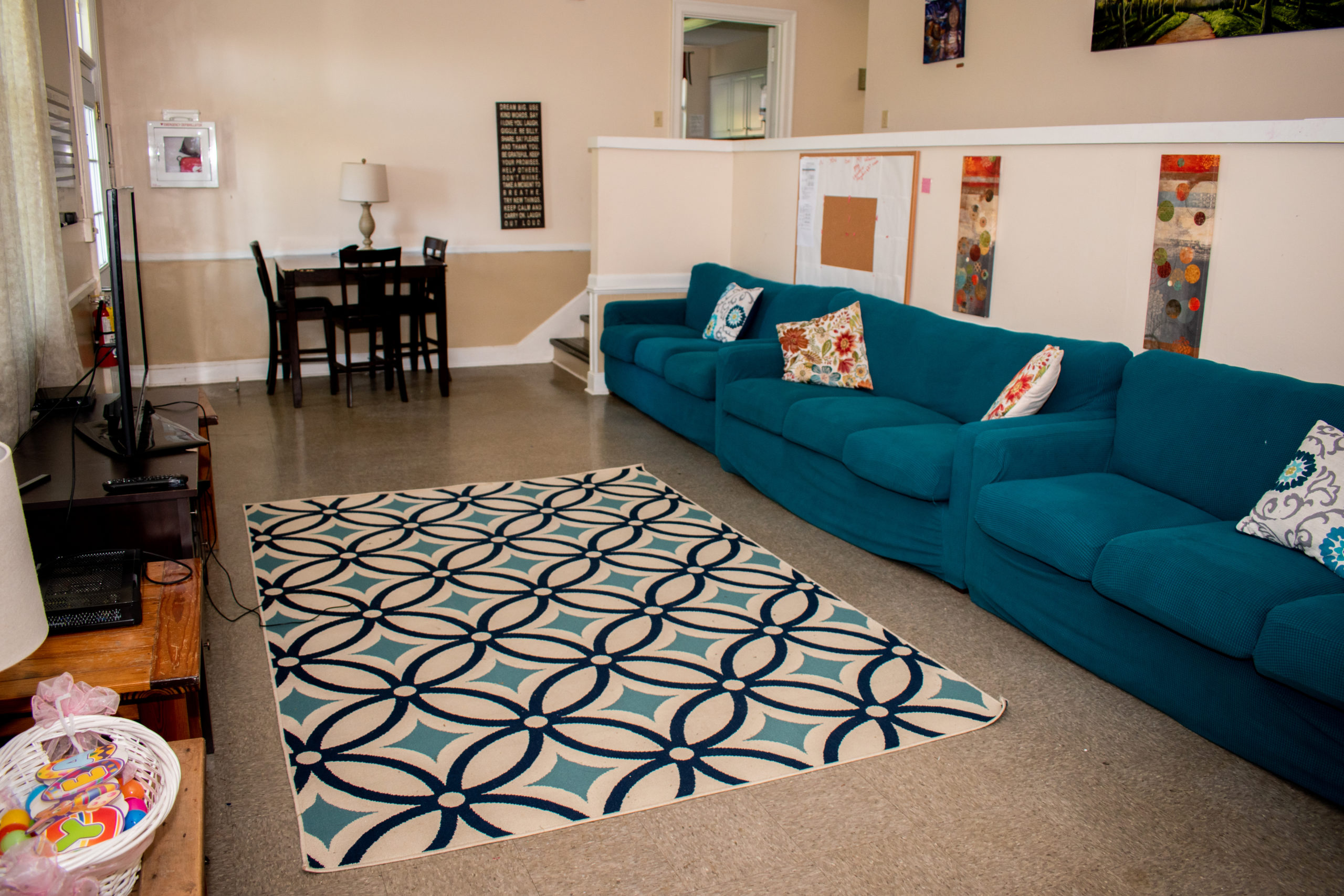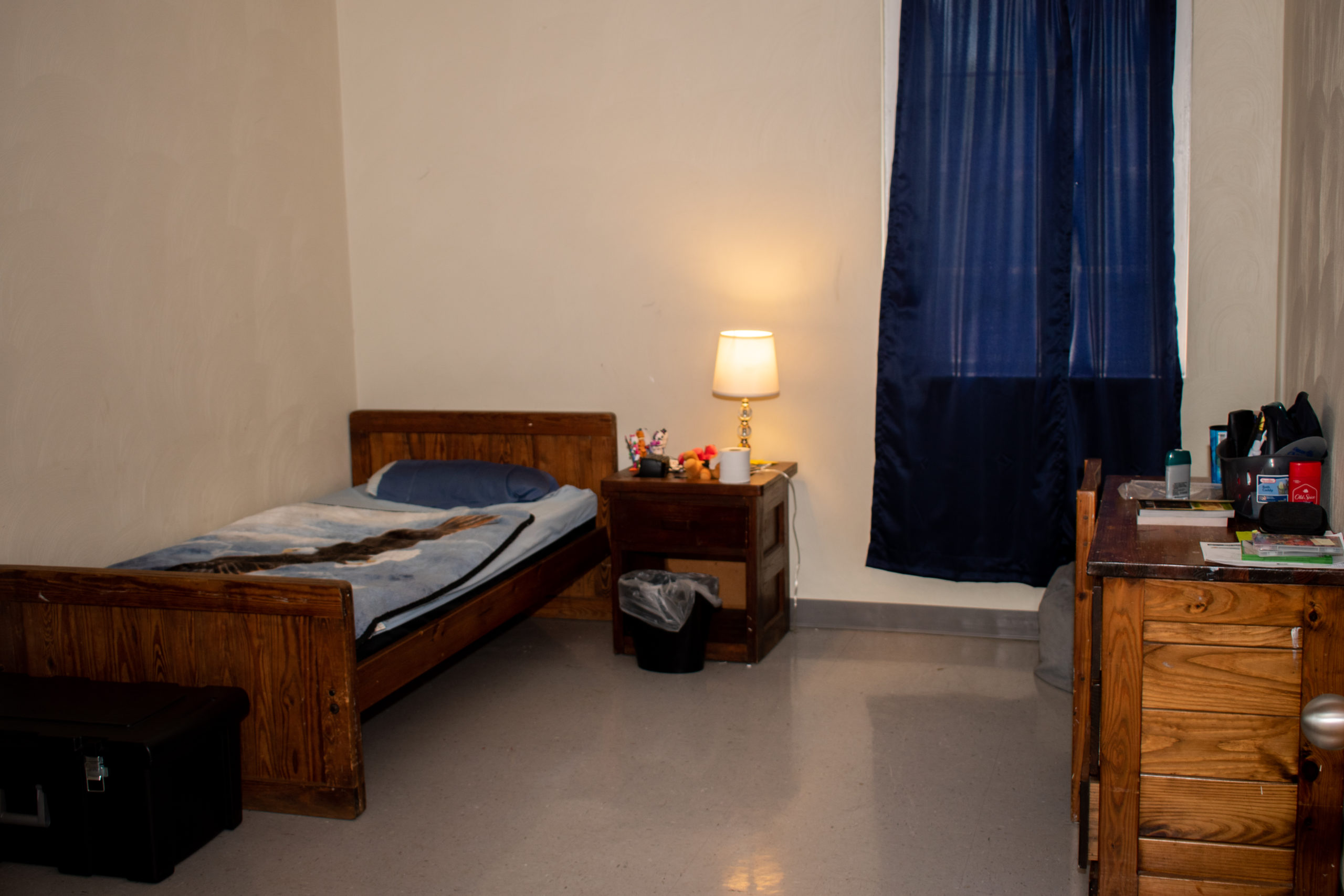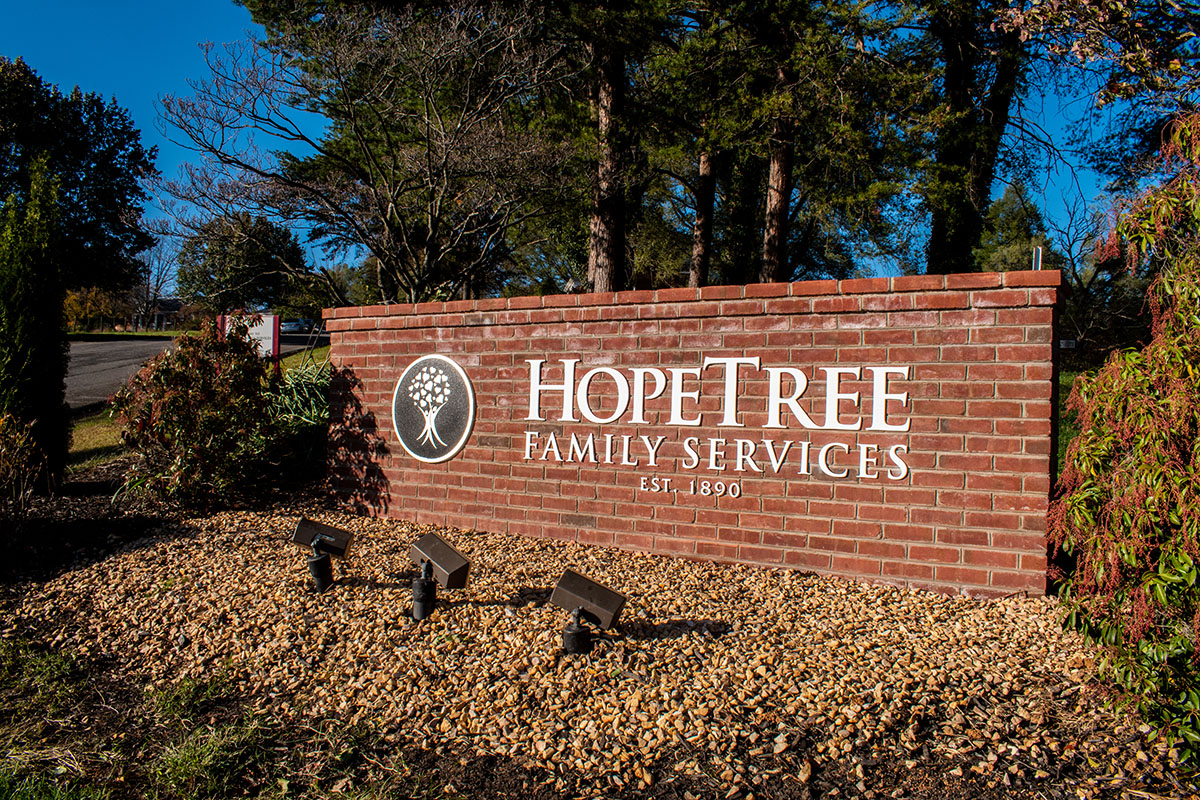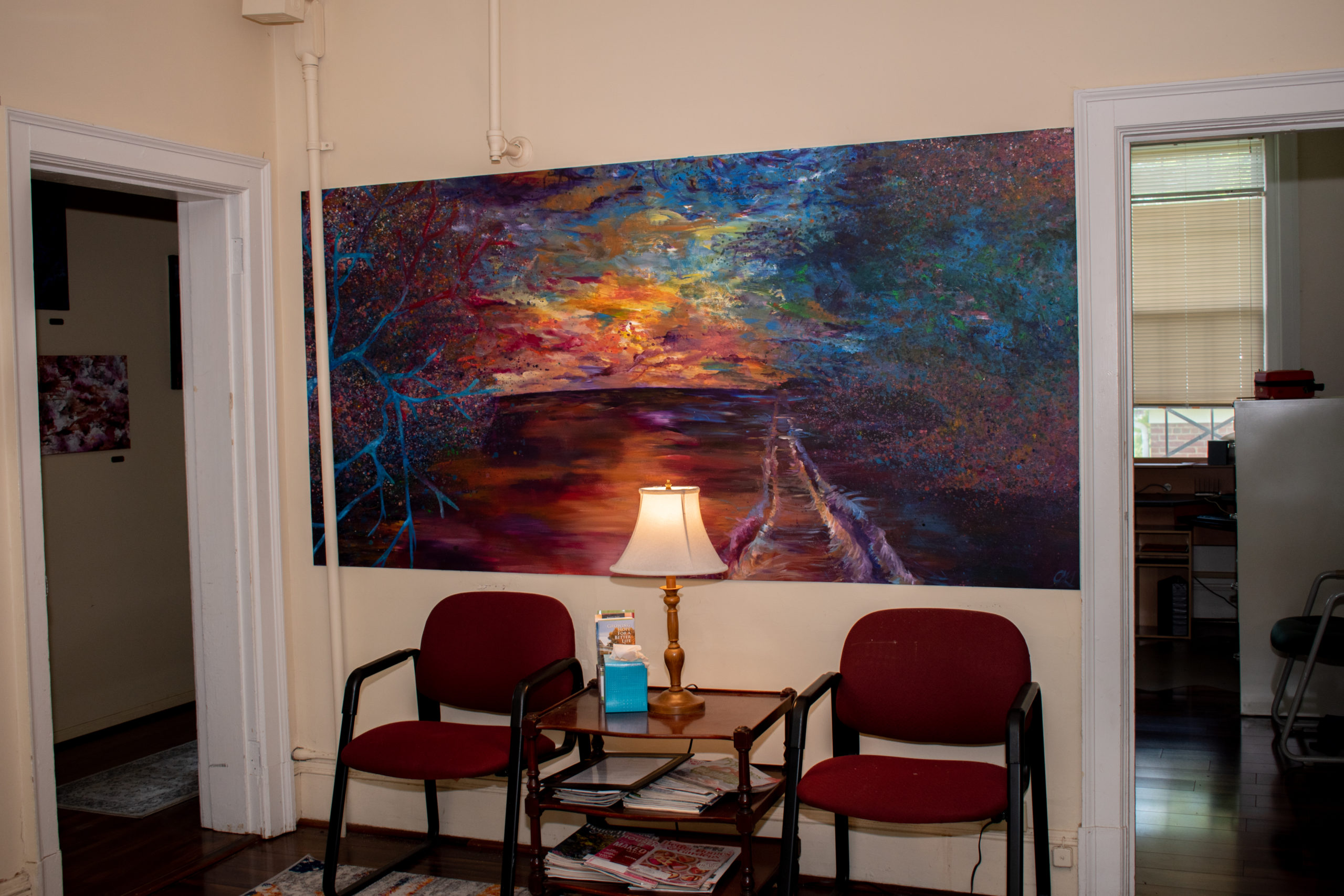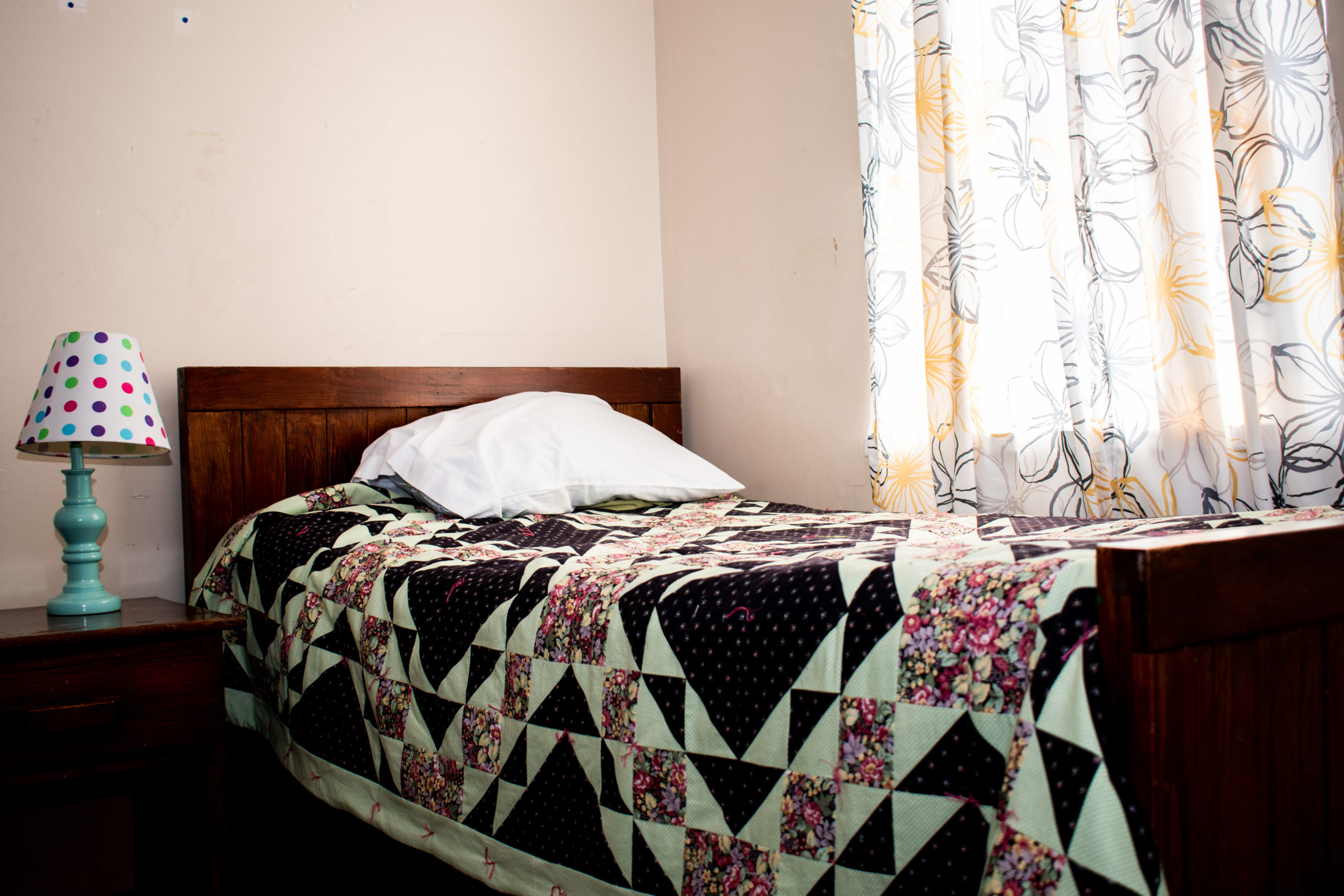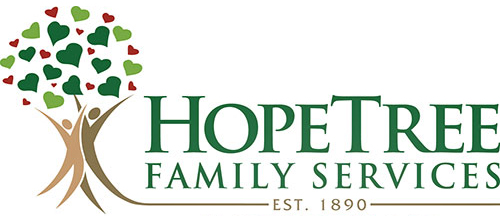HopeTree’s Therapeutic Group Homes provide long-term care through a stable and structured environment.
About the Program
HopeTree’s Therapeutic Group Homes provides long-term care for children who need a structured setting in order to best learn to cope with their emotional and behavioral challenges. The program also enhances the emotional, educational, physical, social, and spiritual development of each adolescent in our care while teaching them vital life skills. Emergency admissions are accepted for at-risk youth needing immediate long-term placement, and can be made Monday-Friday during regular business hours, or after-hours by appointment. Goals for placement include returning home, treatment foster care, or independent living with support for college or vocational training.
HopeTree operates its Therapeutic Group Homes on the Salem Campus. This program has been in continuous operation since 1890, when HopeTree was founded as the Baptist Orphanage of Virginia. The program enables each resident to find stability and make healthier life choices. Once they have completed the program, residents may transition to another Therapeutic Group Home, Treatment Foster Care, or return home when appropriate.
Why Choose HopeTree?
- Individualized holistic care assessed and delivered through a multidisciplinary team of professionals
- Staff receive regular training on Trauma Informed Care
- Family engagement through every level of care from assessment through discharge
- Outcomes driven treatment planning through measuring progress in skill obtainment and emotional/psychological functioning
- On-site education services are available as needed through HopeTree Academy
- Recreational activities may include swimming, gardening, basketball, kickball, fishing, arts and crafts, as well as community outings such as visiting museums, parks, bowling, and skating.
For Admission
- Gender: Male and Female
- Ages: 11-17
- IQ Score: 67 and above
- School: Public schools, private schools, HopeTree Academy, post-secondary education, or GED program. School enrollment is mandatory unless the prospective resident has successfully completed an educational program and meets other criteria.
- Emotional: Stable enough to function within limits of current program
- Physical: Capable of negotiating the Therapeutic Group Home environment.
To make a referral:
CottageAdmissions@HopeTreeFS.org
(540) 387-4993 (business hours)
(540) 444-4697 (after hours/emergency)
For Case Managers
The following behaviors would disqualify a youth from being admitted:
- Convicted of sexual offenses
- History of intentionally starting fires with the determined intent to cause harm or significant property damage
- Chemically dependent and in need of inpatient treatment
- Actively psychotic, suicidal, or homicidal
- Convicted of violent crimes that would pose a risk to residents, self, or others
- History of multiple violent actions that have not been moderated
Services are provided to youth who have experienced a wide range of abuse and neglect situations. Residents may be referred from foster care, court services, by private placement, or as a step-down placement from residential treatment facilities for those residents needing a less structured environment.
DSM IV diagnoses that are typical for our residents are:
- Reactive Attachment Disorder
- ADD or ADHD
- Depression
- Adjustment Disorder
- Oppositional Defiant Disorder
- Bipolar Disorder
- Obsessive-Compulsive Disorder
- Post Traumatic Disorder
- Anxiety Disorder
Services Provided
Case Management
Individual service plans, behavior support plans.
Available Therapy
Individual Therapy
Family Therapy
Group Therapy
Art Therapy
Trauma Focused Therapy
Evidence-based Treatment Interventions
Yoga and other expressive therapies
Educational Services
HopeTree Academy (located on HopeTree’s Salem campus), public school, GED program.
Medical Services
Community-based medical, dental, and psychiatric services.
Religious Services
Opportunities for voluntary participation in bible studies, groups, community and volunteer activities. Provided by on-staff Director of Christian Education.
Recreational Services
Typical on-campus activities include arts & crafts, yoga, aerobics, swimming, ping-pong, movies, basketball, football, baseball, weightlifting, music and art lessons, and seasonal campus activities. Off-campus activities include state park field trips, bike rides, trips to high school and collegiate athletic events, local church activities, and concerts.
Within the structure of our program, residents are taught independent living skills using the Casey Life Skills Assessment to monitor progress. Residents have 24-hour supervision by qualified staff. Groups are conducted in the cottages to address social skills, anger management, self-esteem, and independent living skills. Residents are also encouraged to obtain part-time employment after reaching the proper level and age.
